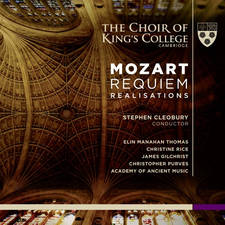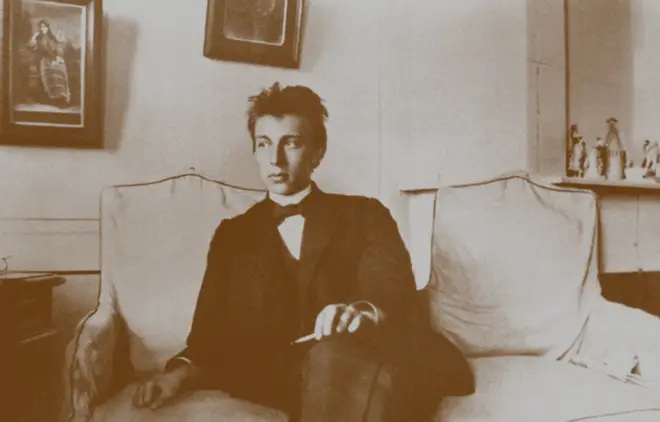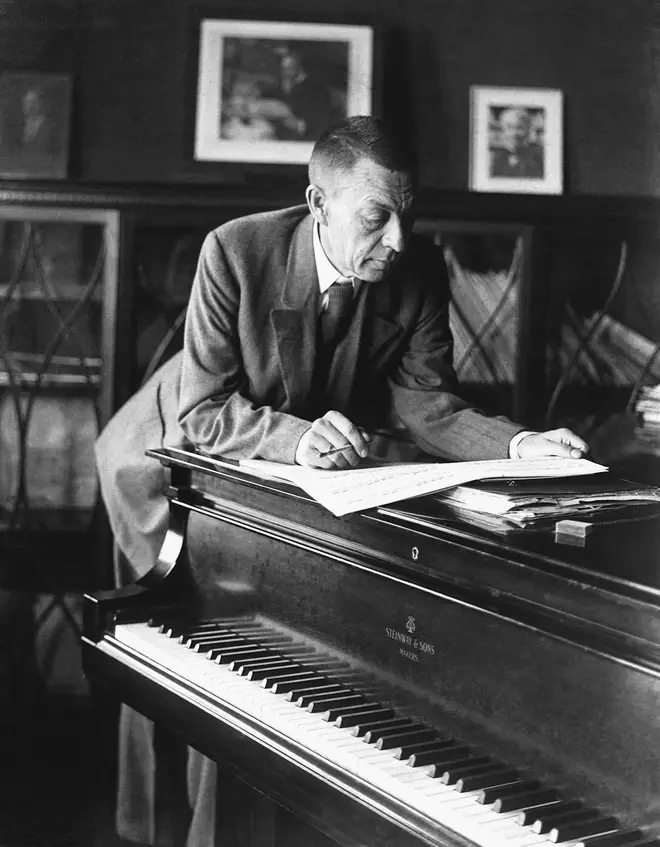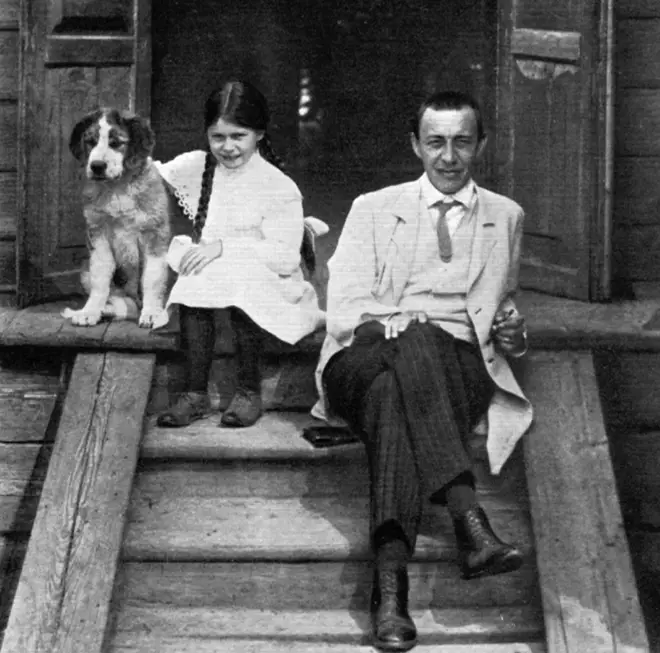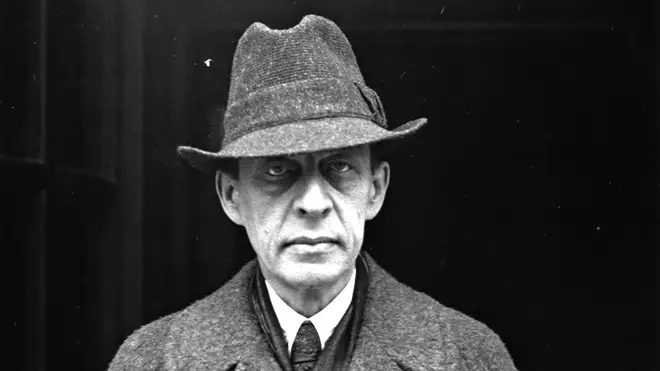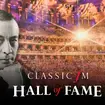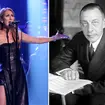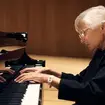12 ways Sergei Rachmaninov changed music forever
31 March 2023, 18:30 | Updated: 1 April 2023, 10:04
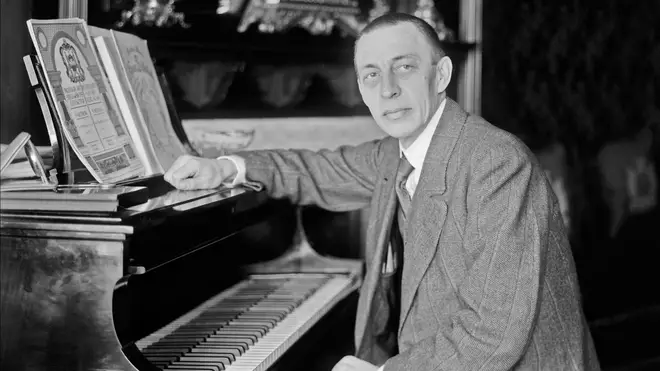
As we celebrate the 150th anniversary of the great composer-pianist’s birth, here are the ways his virtuosity, creative brilliance, and life story changed the music world.
-
Immense talent and early tragedy
Born on 1 April 1873 into a Russian aristocratic family, Rachmaninov’s pianistic talent was recognised and embraced early. However, it was a time also marked by tragedy, with the deaths of two of his sisters during his formative years.
With losses in the family, Sergei’s maternal grandmother stepped in to help raise the children. She regularly took the budding musicians to Russian Orthodox Church services. It was here where he first encountered orthodox liturgical chants and the sound of church bells.
The theme and fear of death, and the sound of chant and bells are two threads that run throughout the composer’s life, forever changing and consuming him.
Composer Sergei Rachmaninov as a young man. Picture: Getty -
Making a prelude a pop hit
Virtuosic, powerful, thrilling, but also very catchy, Rachmaninov’s Prelude in C sharp minor was an epic of a piece, and an international hit.
He wrote it after graduating from the Moscow Conservatory in 1892, when he was aged 19. That love of Orthodox bells rings though in its brilliant clamour of chords – earning it the popular subtitle of ‘The Bells of Moscow’.
In the late 1890s Rachmaninov toured Europe and the United States, and this work was a breakout success.
It was so popular that it became known as ‘The Prelude’. Audiences would demand it as an encore at his performances, simply shouting “C-sharp!” throughoutt the applause.
Rachmaninov grew very tired of it and once said, “Many, many times I wish I had never written it.” Like a true pop star, who tires of their omnipresent, always-expected number one hit.

Evgeny Kissin plays Rachmaninov's Prelude in C-sharp minor
-
Failure, depression and a second chance
The premiere of Rachmaninov’s first symphony in March 1897 was a total disaster. The conductor was hapless and performance fell apart. Critics tore into the work. The composer found himself in a fight with depression.
Writer’s block, self-doubt and other symptoms of deep depression followed. He sought the care of psychiatrist Dr Nikolai Dahl, who delivered daily hypnotherapy sessions to the musician. After months passed, the clouds of doubt began to lift, and Rachmaninov composed his enduring and much-loved Piano Concerto No. 2.
It remains one of the most important stories of classical music; a struggle with mental health, and how the power of music has helped many of us through the darkest times.

Rachmaninov Piano Concerto No. 2… for solo piano! | Arsha Kaviani | Classic FM
-
A giant of classical music
At six foot six (just under two metres tall), it’s believed the composer had Marfan syndrome, which led to many medical ailments and complications throughout his life.
His physical stature also manifested on the keyboard, in the ability to hold incredible ranges on the piano. He could apparently span whopping interval of a 13th with a single hand.
Rachmaninov in the 1920s. Picture: Getty -
Escape from Russia
The 1917 October Revolution meant the end of Russia as the composer had known it.
The confiscation of his beloved home by communist authorities that same year, further alienated him from the Bolshevik movement.
In the deep December cold, he left Petrograd (St. Petersburg) for Helsinki on an open sled with his wife and daughters, and a few small suitcases containing their worldly possessions, for a new home in the West.
Composer, his daughter Irina and pet dog, at Ivanovka, an estate near Tambov, which was Rachmaninov’s summer home from 1890 until 1917. Picture: Getty -
The master of the epic build-up
A build-up, where in the middle of a moment, the music swells, soars, rises and builds to an excruciating level of tension – Rachmaninov could do it just as well as any dance-floor DJ working a crowd up for a drop.
The long build within the slow movement (rich in those long Orthodox-style lines) of his Symphony No. 2 is one – as is this moment in his Piano Concerto No. 2, where he builds the music to its absolute limit before a moment of pure release...
-
Pop hit number (Rach) two
How a Rachmaninov melody met Bridget Jones.
Eric Carmen’s stirring and souring 1975 hit ‘All By Myself’ has long been a staple of anyone wanting a good emotional outpouring.
While writing the ballad, Carmen had been listening to Rachmaninov’s Piano Concerto No. 2. As he heard the effusive Romanticism of the second movement, inspiration struck, and heartbreak was never the same again. It’s a great story, read on here.

Eric Carmen - All by Myself (Audio)
-
Relatable awkardness
Six foot six, often unsmiling, with those many internal storms.
But isn’t this the most charming anecdote and scene...
when i feel bad about my social skills i remind myself how one time rachmaninoff decided he was gonna be pals with stravinsky (who'd casually mentioned he liked honey) so he showed up at his house in the middle of the night with an enormous jar of honey and no explanation
— iris 🌻 (@iriselks) October 13, 2018 -
A six-and-a-half foot scowl
Despite his success, Rachmaninov famously seldom smiled in photographs. Tall and severe – Stravinsky once called him “a six-and-a-half foot scowl.”
He did however have a passion for fast cars and later speedboats. He was apparently the first in his LA neighbourhood to have an automobile. That’s very showbiz and we do approve.
Sergei Rachmaninov. Picture: Getty -
Haunted by ‘Dies irae’
Forever impacted by the family deaths in his early years, and with a life-long connection to Orthodox liturgy and chant, Rachmaninov had a life-long fascination and pull towards the church’s darkest and most dramatic motif.
The ‘Dies irae’ is found in the Requiem Mass – referring to the day of judgement, death and fate. As a conductor he became obsessed by works that used this theme.
You can hear it referred to, via the contours of the words in its ancient Gregorian Chant, in his works Rhapsody on a Theme of Paganini, Isle of the Dead, Symphonic Dances.

Sergei Rachmaninoff - Isle of the Dead, Op. 29 (1909)
-
Proving the critics wrong for a place in history
Only a decade after his death in 1943, the Grove Dictionary of Music and Musicians confidently predicted that the ‘enormous popular success some few of Rachmaninov’s works had in his lifetime is not likely to last, and musicians never regarded them with much favour.’
They could not have been more wrong.

Yuja Wang – Rachmaninov: Prelude in G Minor, Op. 23, No. 5 (Live at Philharmonie, Berlin / 2018)
-
The ultimate sign-off
There’s a theory that, towards the very end of his concertos, you can hear the composer sign his name in the rhythm of the music.
The theory states that his name resounds in the final notes of his second and third concertos and the Paganini Variations. Can you hear it?

Yunchan Lim 임윤찬 – RACHMANINOV Piano Concerto No. 3 in D Minor, op. 30 – 2022 Cliburn Competition
